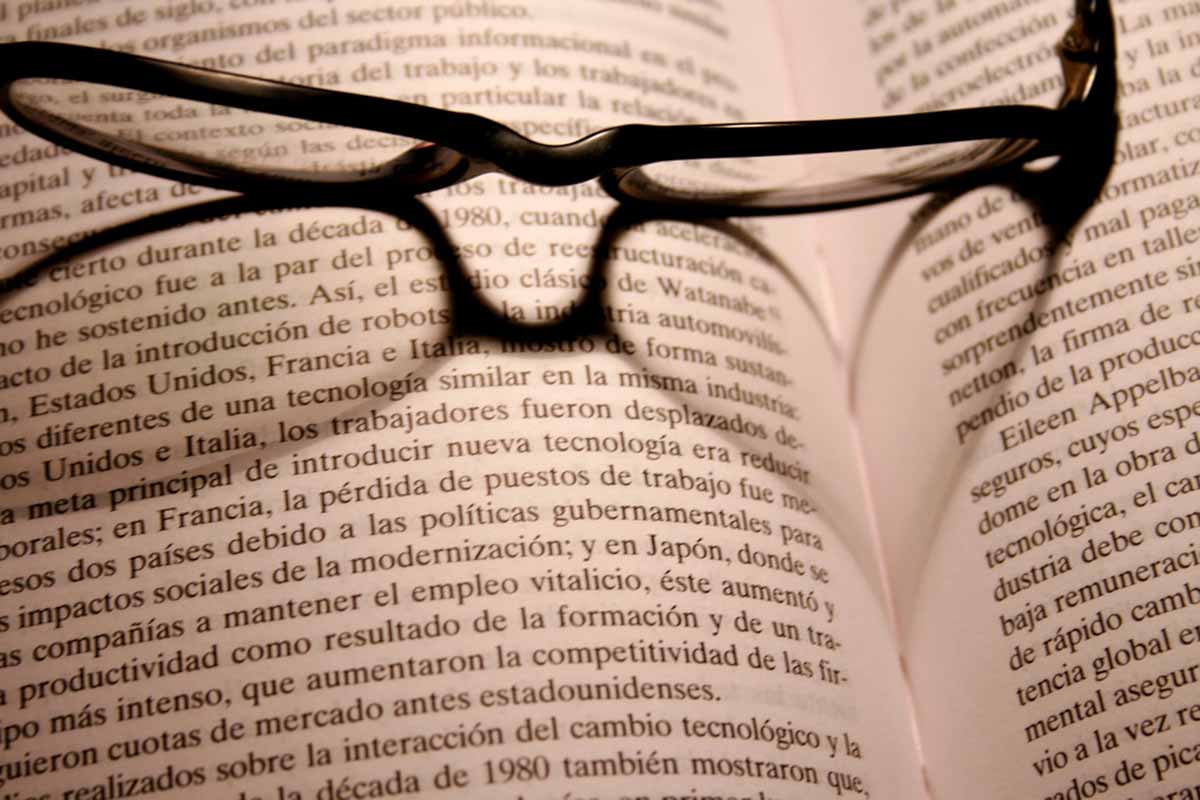Table of Contents
Optician Or Store-Bought Glasses?
Identifying vision issues may take you a while, but it's what comes after that's more important. Off-the-shelf reading glasses became popular around 25 years ago. Go to almost any store, like a grocery store, pharmacy, or even a Dollar store, and you'll find off-the-shelf reading glasses. You may try a few on in an attempt to figure out which ones allow you to see most clearly. Then, once you think you've found the "prescription" that gives you the vision you're after, you'll buy a few different pairs of glasses. Cheap reading glasses tend to go missing or get scratched, so you may find yourself replacing them rather frequently. It's good that they're so cheap, isn't it?

Well, store-bought, generic reading glasses do offer almost anyone suffering from presbyopia the opportunity to see close-by objects much more clearly than they would have without glasses, so the fact that these inexpensive plastic pairs of reading glasses are so widely available certainly has something going for it. Should you purchase off-the-shelf reading glasses after self-prescribing the strength you think you need, or should you make an appointment with a qualified optician? Here are a few powerful arguments in favor or spending a bit more money on optician-prescribed reading glasses:
- Everybody's vision is unique, and having the exact same prescription in both eyes is pretty rare. Store-bought glasses will only offer you the same prescription in both eyes, and usually only full or half points (+2 or +1.5, for instance). Prescription glasses are going to be more precise and can offer you the prescription that actually fits your vision needs after having an eye test.
- Many people are going to have some level of astigmatism, and off-the-shelf reading glasses won't help you with that; to have astigmatism corrected, you will need prescription glasses from a qualified optician.
- The optical center of the lens varies from person to person. By getting prescription glasses custom-made for you, you will know the optical center of your glasses is where it should be.
In short, it's great that generic reading glasses are readily available for people who need them, but if you want to see nearby objects clearly and comfortably, you will need custom-made reading glasses. Visit your local optician for a pair of glasses that truly meets your needs. Doing so will cost you a lot more, but it will also protect you from headaches, sub-optimal vision, and nausea. Your optician can also advise you about computer glasses, which differ from reading glasses because computer screens are further away from the eyes. What's more, seeing your optician for an eye test means you are more likely to have other potential eye issues, like glaucoma, detected. It's worth the extra money if you can at all afford it!
For people already wearing glasses or lenses, bifocal or varifiocal glasses and lenses are available. Half-eye reading glasses are around for those who will alternately read and look around themselves (like during a speech or a business meeting). Eye-exercising glasses with holes, which you may see advertised, have not been proven to be effective in any way at all.
See Also: What Is It Like to Have Cataract Surgery?
How About Surgery?
Don't you like the idea of wearing reading glasses whenever you want to read something? Surgical treatment for presbyopia, specificallyconductive keratoplasty, is available nowadays. Research has established that so-called "NearVision CK" treatment, which uses radiowaves to correct vision, is effective but only temporarily. Patients will gradually develop presbyopia again. PresbyLASIK is LASIK surgery for presbyopia. This new method isn't yet FDA-approved, but it is something you may want to look at undergoing in the future.
- Photo courtesy of Catface27 via Flickr: www.flickr.com/photos/catsanchez/15933960089
- Photo courtesy of luis de bethencourt via Flickr: www.flickr.com/photos/luisbg/2072134438

